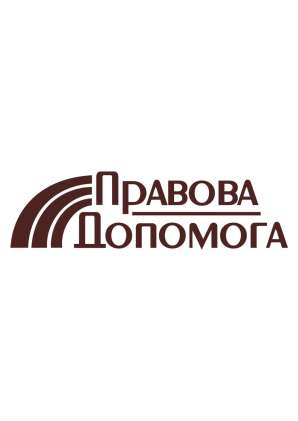What is inheritance management and who can be a manager?
Cost of services:
Reviews of our Clients
... our work on joint projects assured us of your high level of professionalism
Upon a person's death, their estate, encompassing all owned assets except those excluded from civil transactions, becomes a matter of inheritance. It's common to encounter properties that necessitate ongoing management, care, or upkeep before being officially claimed by heirs.
Consider, for example, numerous Ukrainian companies with a sole founder owning a 100% stake and holding all voting rights. Upon the founder's demise, a critical question arises: who is authorized to manage the inherited assets, including the company's corporate rights? The enterprise must continue to operate until the heirs formally accept the inheritance, requiring a competent manager to ensure uninterrupted operation.
Based on our expertise in handling inheritance rights, we'll explore the potential candidates for such a managerial role, the appointment process, and the potential challenges to be aware of.
Often, many potential heirs are unaware of this possibility and its implications. Our legal team will begin by evaluating your specific situation to ascertain whether appointing a manager is beneficial and identifying the potential advantages of this process. Additionally, we provide complete legal support throughout the inheritance proceedings.
You may also like: Inheritance Tax in Ukraine
Who is Eligible to Manage Inherited Property?
The appointment of a manager for inherited property is regulated by the Law of Ukraine “On Notariat”. According to this law, if the inheritance includes corporate rights or any other property that requires maintenance, care, or management, a notary, or in areas where no notary is available, an official from the local self-government, is responsible for appointing a manager from among the heirs. In situations where there are no heirs, the notary or the local official (in the absence of a notary) will contract with third parties to manage the inherited property.
The management of the inherited property is to be conducted exclusively in the interests of the heirs, aimed at preserving the property and ensuring its potential ongoing operation and existence. This is a legal obligation placed on the notary (or the appointed official).
In instances where a manager is appointed from among the heirs, the notary (or the local official) issues a certificate for managing the inherited property. This certificate is valid until the heirs legally claim their inheritance. After the heirs have claimed the inheritance, the role of the property manager ends, and they must return the certificate to the issuing notary (or official).
You may also like: How Can a Ukrainian Citizen Inherit Assets Located Abroad?
What is the Procedure for Selecting the Manager of Inherited Property?
When faced with multiple heirs all aspiring to manage the inherited property, the notary (or the respective official) encounters a complex decision-making process.
The difficulty lies in the absence of specific legal criteria for determining a suitable candidate for property management in the existing legislation. Consequently, the notary (or official) is tasked with independently assessing which of the heirs is best equipped to ensure the preservation and proper administration of the estate.
In real-world scenarios, the notary (or official) typically allows the heirs to collectively decide who among them should take on the managerial role. It's only in instances where the heirs fail to reach a consensus that the notary (or official) steps in to appoint the manager and issue the corresponding Certificate of Management.
A case study from our practice: A case involved a deceased son's mother who petitioned the court to revoke the Certificate of Management of Inherited Property, which was issued by a private notary to the deceased's wife. The inheritance included corporate rights to an operational enterprise that required management for its continued operation.
The mother's claim was grounded on the premise that she, as the deceased's mother, would more aptly manage the inherited property. She argued this on the basis of her experience as an accountant, her current managerial position at the enterprise, and her experience in property management.
The court ruled against the plaintiff's demands in full, reasoning that our client, the defendant, and wife of the deceased, was the first to submit an application to the notary for managing the inherited property. This prompt action was effectively guided by our legal team, leaving no legal ground for the notary to deny the notarial act.
Furthermore, the Plaintiff, who was the mother of the deceased, had renounced her inheritance in favor of her grandson. The law stipulates that a notary can issue a Certificate of Management of Inherited Property to third parties, i.e., non-heirs, only if there are no heirs by law or will who have applied to accept the inheritance.
Inheritance law encompasses numerous complexities that must be understood to avoid losing or devaluing the estate before it is officially inherited. Our legal team is ready to assist you in safeguarding your inheritance. Our lawyers will:
- Analyze your specific situation;
- Review any documents and evidence you have;
- Develop a legal strategy;
- Provide legal support throughout the court proceedings.
Check out our service fees for inheritance case management here.
Our clients







